Hot!
Labone SHS thrills guests at 20th Yosakoi festival
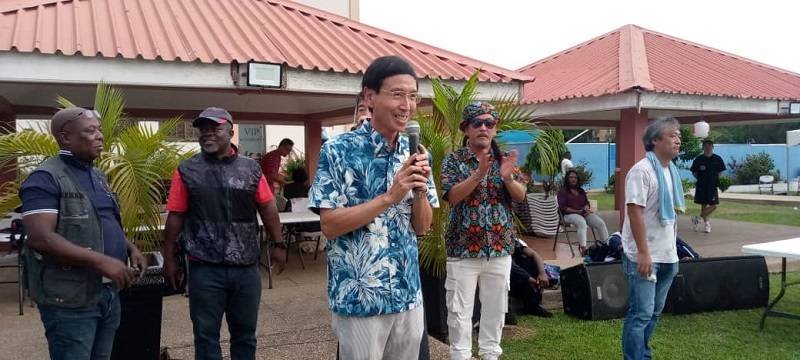
The Japanese Ambassador speaking at the festival
The Labone Senior High School (SHS) emerged winners of this year’s 20th Japan-Ghana Yosakoi festival held in Accra on Saturday.
The school displayed great flair, confidence and a better understanding of the Japanese culture with their Yosakoi dance and other activities to beat other schools including St. Peter’s SHS, St. Roses SHS and St. Dominic’s SHS to the top prize.
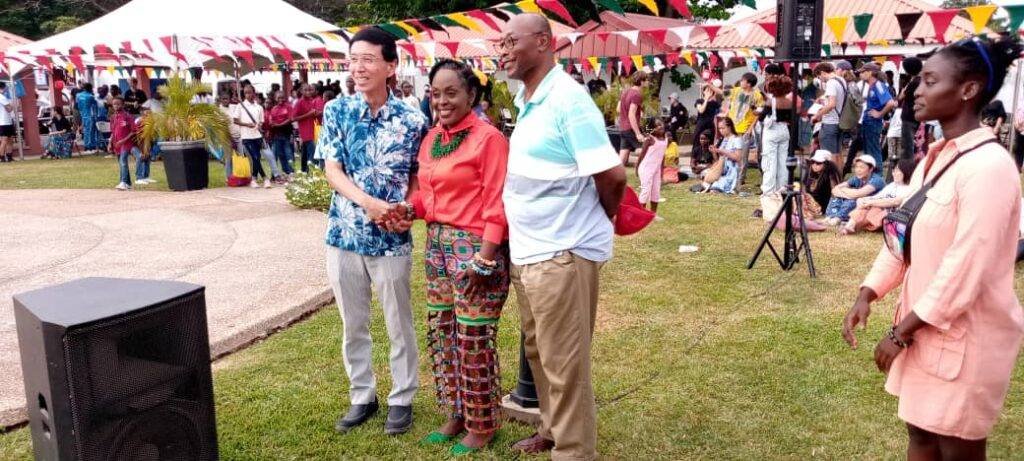
Yosakoi is one of the oldest Japanese dance festivals which had lasted for over 60 years and gained recognition in other parts of the world including Ghana.
With the relationship between Ghana and Japan, the festival, spearheaded by the Japan Embassy in Ghana, is held every year as part of efforts to promote cultures between the two countries.
This year’s event was graced by the Japanese Ambassador to Ghana, Mochizuki Hisanobu and renowned Ghanaian highlife songstress, Akosua Agyepong.
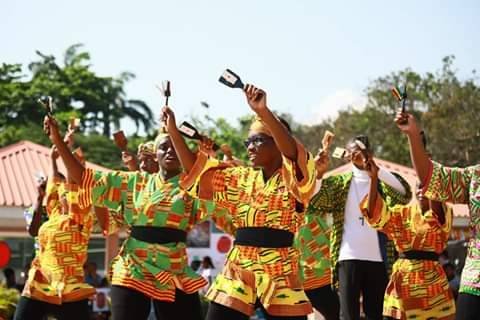
Japanese Reggae sensation, CJ Joe also thrilled the crowd to some scintillating Japanese Reggae songs while students also took turns to showcase their skills.
The Ghana Jiu Jiutsu Federation also performed at the festival alongside the Ghana Karate Federation.

Speaking to The Spectator after the event, the Japanese Ambassador Mochizuki Hisanobu praised the contestants for their efforts, adding that the festival was gradually gaining grounds in the country.
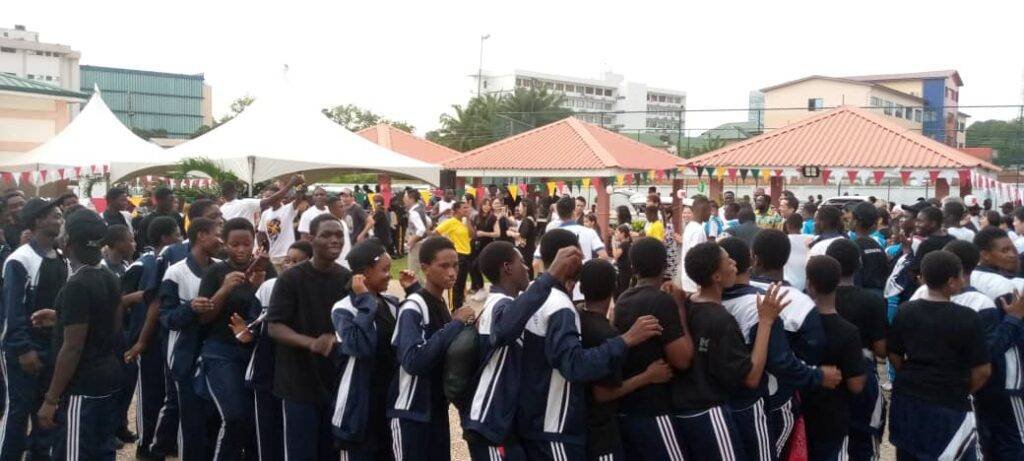
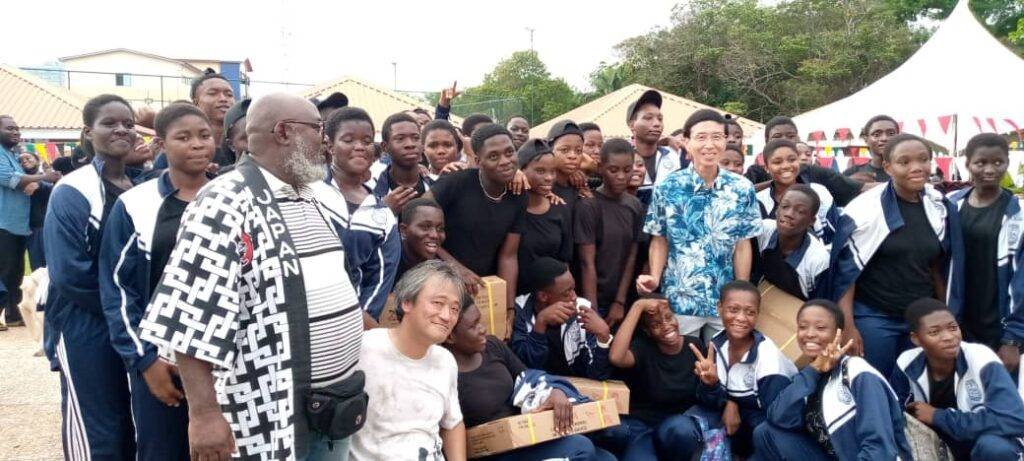


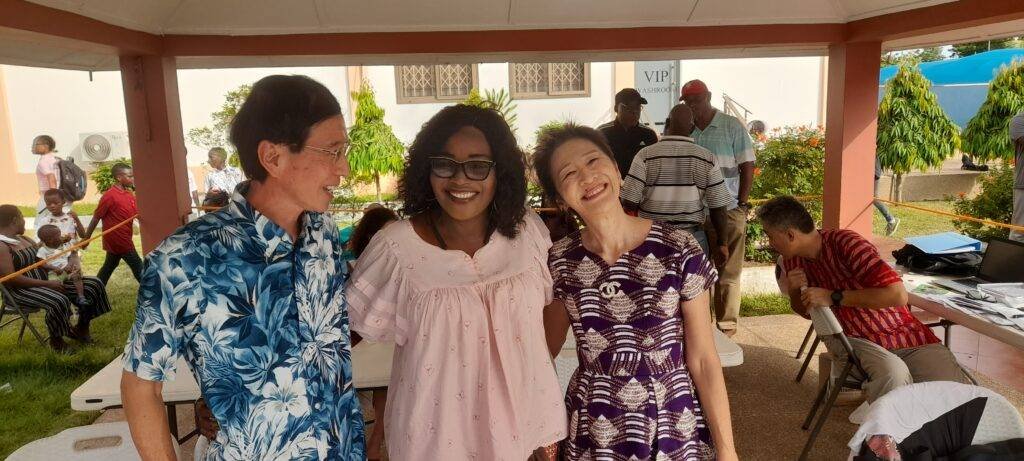

He urged all to continue promoting culture because it has the potential to foster unity and progression.
By Michael D. Abayateye
Hot!
Many SOEs have been used as mere instruments for personal wealth accumulation –Pres.Mahama

President John Dramani Mahama has expressed concern over the misuse of State-Owned Enterprises (SOEs) for personal financial gain by individuals in leadership positions.
Speaking during a meeting with Chief Executives of specified entities under the State Interest and Governance Authority (SIGA) on Thursday, March 13, the President directly attributed the dire state of SOEs to their leadership, accusing chief executives, management teams, and governing boards of prioritising personal enrichment over organisational efficiency.
He pointed to bloated budgets, unjustified allowances, and unnecessary expenditures as factors draining public funds while SOEs continue to rely on government bailouts.
“Many SOEs have been used as mere instruments for personal wealth accumulation by appointees. The chief executives, management, and boards of these enterprises are responsible for this situation. Some SOEs have become perennial loss-makers, draining public funds with bloated budgets, unjustified allowances, and unnecessary expenditures while relying on government bailouts as if entitled to them. Many of these entities are at their lowest point in the entire history of the Fourth Republic,” he said.
President Mahama further noted that many SOEs have been plagued by inefficiencies, corruption, and mismanagement, leading to consistent financial losses. He cited the 2023 State Ownership Report by the State Interests and Governance Authority (SIGA), which highlighted systemic inefficiencies and wasteful expenditures within these entities.
He therefore reaffirmed his commitment to reforming under-performing SOEs and ensuring they serve national interests.
He warned that loss-making SOEs will no longer be tolerated and will either be merged, privatised, or closed.
“I will assess you based on your performance. If you do not align with the pace of the reset agenda, you may be asked to step aside. If that adds to the horror movie, so be it,” he added.
Source: Myjoyonline.com
Hot!
Prophet Courage Heavens set to launch ‘Predestination’ book on March 23

Prophet Courage A. Heavens is set to launch the much-awaited book titled ‘Predestination’ on Sunday, March 23, 2025 at 5:00PM.
The launch, which is expected to impact lives, will take place at Crossgates Ministries, Flattop, off N1 Highway, opposite Angel Hauz.
The book is aimed at addressing the way people struggle to understand how free will and destiny align.
It is also aimed at providing clarity on God’s sovereignty and one’s place in His divine plan.
The various chapters of the book address various issues through scriptures and personal stories.
Committed to impacting society, part of the proceeds from the book will go into Courage Heavens Education Legacy (CHEL), an educational foundation transforming lives.

CHEL is dedicated to providing financial support and mentorship to brilliant but needy students, ensuring they have access to quality education and opportunities for a better future.
Prophet Courage Heavens is a prolific writer and previously authored Eli Eli Lama Sabachthani, a powerful book that encourages unwavering faith in times of trials.
In addition, he has written seven more prophetic and life-changing books that are yet to be published.
He is dedicated to raising the next generation for impactful ministry. As the leader of Crossgates Ministries, he nurtures believers in faith and purpose.







